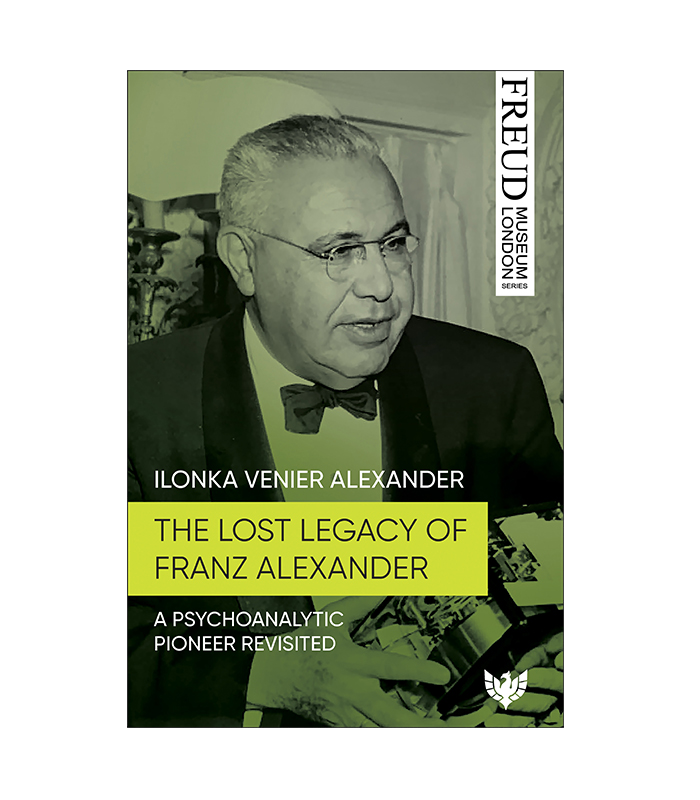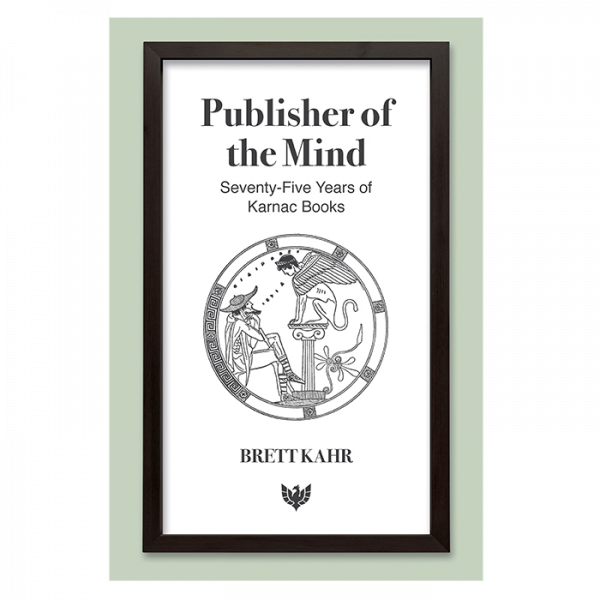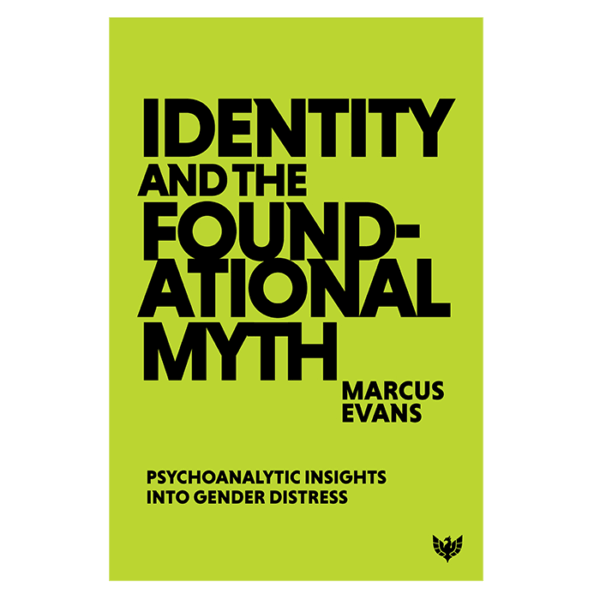Franz Alexander began his psychoanalytic career in 1920s Berlin at the vanguard of the psychoanalytic movement. He won the admiration of Freud who praised him as “extraordinarily good” and “one of our strongest hopes for the future”. He later moved to the US and was a pivotal figure in American psychoanalysis, but his work moved into obscurity following disagreements with other key figures in the field. Fast forward to today and many of Alexander’s methods have become common practice in psychotherapeutic treatment. His granddaughter, Ilonka Venier Alexander, is determined to bring his contributions to the attention of a whole new generation unfamiliar with this early titan of the field.
In order to bring the work of Franz Alexander to as wide an audience as possible, this book is written in an engaging style to pique the interest of students, practitioners, and academics, including those unfamiliar with psychoanalysis. Topics discussed include juvenile delinquency and criminology; the mind–body connection and the concept of psychosomatic medicine; the use of evidence-based research to measure the effectiveness of psychotherapy and other treatments; the corrective emotional experience; and short-term and flexible treatment in psychoanalysis. The latter two rank among the most controversial of his theories, yet they have stood the test of time and demonstrate his continuing importance to the field.
For those interested in history, in psychoanalysis, and in fascinating life stories, this book is a must-read.






Dr Caroline Zilboorg, Life Member of Clare Hall, Cambridge University; Scholar of the British Psychoanalytic Council; author of A Psychoanalytic Childhood –
‘Ilonka Venier Alexander traces Franz Alexander’s thinking from his childhood in Budapest through his years at the Berlin Psychoanalytic Institute in the 1920s, his quarter century as director of the Chicago Institute for Psychoanalysis, and finally his university-based research in Los Angeles. The author’s background in social work informs her understanding of her grandfather’s application of psychoanalysis to social, political, and cultural experience.’
Francisco Balbuena Rivera, PhD, psychologist, philosopher, and academic, Department of Clinical and Experimental Psychology, University of Huelva, Spain –
‘In this compelling volume, Ilonka Venier Alexander offers fresh insights into the life and groundbreaking work of her grandfather, whose clinical innovations and visionary thinking shaped core psychoanalytic ideas – from the corrective emotional experience to the mind–body connection and psychoanalysis’ relevance in addressing contemporary societal challenges. A must-read for anyone interested in the enduring impact of psychoanalysis on both individual and collective well-being.’
Csaba Pléh, psychologist, Central European University, Budapest; Member, Hungarian Academy of Sciences and Academia Europaea –
‘Ilonka Venier Alexander provides a fascinating read about the heritage of her grandfather. The flexible attitude to therapeutic sessions promoted by Franz Alexander, which was the source of so much tension in his own time, is at the centre of psychoanalytic practice today. The same up-to-date clinical relevance also applies to his many insights regarding psychosomatic regulation. This midtwentieth-century healer and teacher has much to say for the clinicians of today.’
Dr Irfan A. Mian, MD, FRCPC, The Hospital for Sick Children, Temerty Faculty of Medicine, University of Toronto –
‘Ilonka Venier Alexander paints an outstanding portrait of the development of psychoanalytically based therapy under the direction and influence of Franz Alexander. His strong focus on the importance of research, patient-centred care, therapeutic alliance, mind–body connection, and multidisciplinary teams has had a lasting impact on modern psychiatry and the wider field of medicine. The influence of history, especially the events surrounding World War II, makes this an even more fulsome and exciting read.’